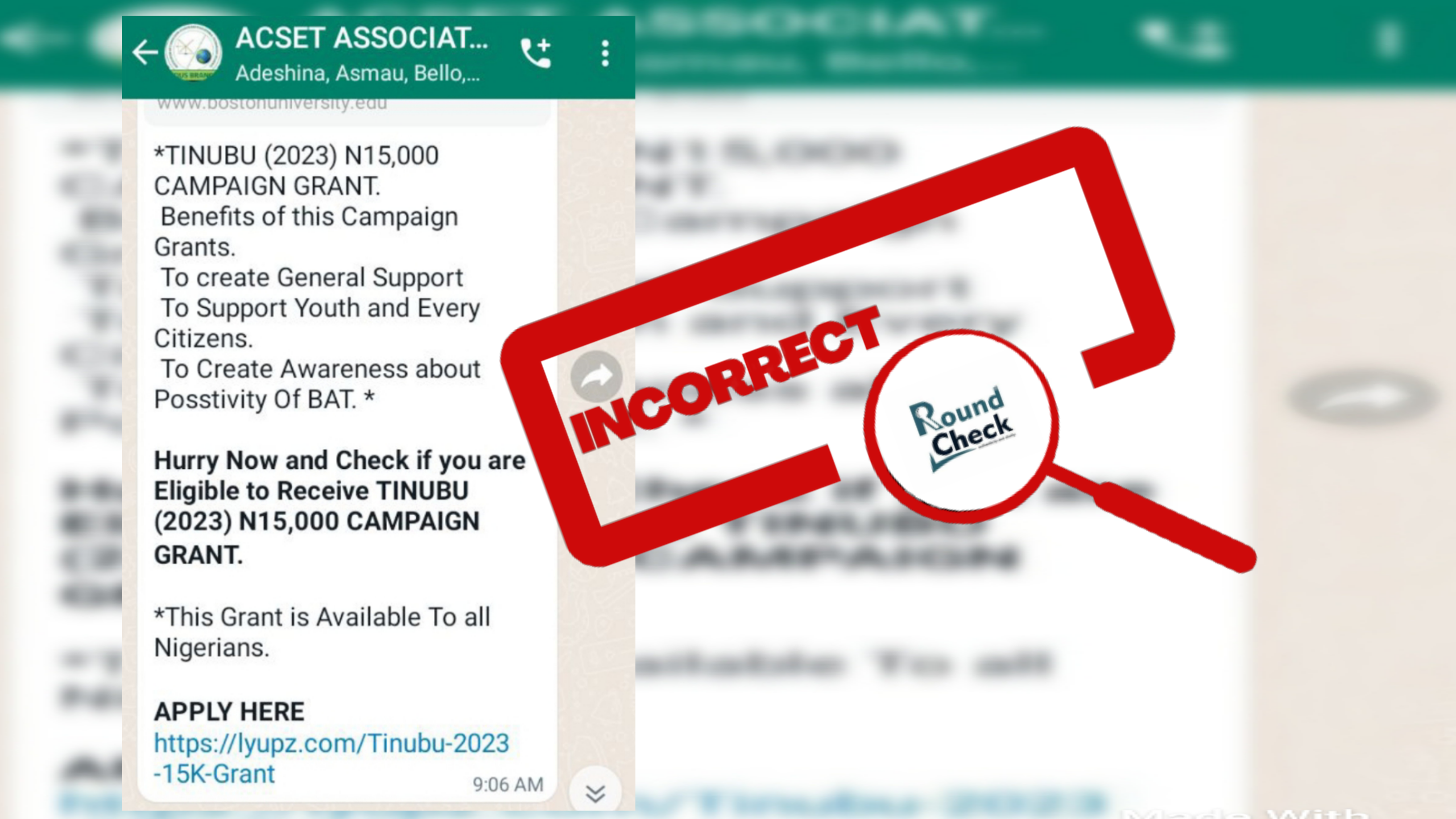|
Getting your Trinity Audio player ready...
|
A recent study has found disturbing trends in the spread of dis/misinformation intensifying the crises in the Lake Chad region.
The research conducted by the Centre for Journalism Innovation and Development (CJID), revealed that malicious content has contributed to the continuous conflicts in the region, which has destroyed millions of lives and properties of the people in the region, including Nigeria, Cameroon, Chad and Niger.
The study found that fear-inducing themes “that glorify bandits or terrorists” as well as conspiracy narratives rank high in claims by themes in the narratives surrounding the crises in Lake Chad.
According to the study, Facebook is the main platform promoting information disorder related to the crises in the Lake Chad region.
This is significant because social media is “the leading social media platform in Africa, with an impressive 170 million users” and dissemination of fake news on Facebook is in gross violation of its policy.
Misinformation actors also mostly spread content on X/Twitter and through other media such as public statements, websites, WhatsApp, and YouTube.
Worse still, despite debunking misleading claims by fact-checking organisations, tech companies in general oftentimes do not delete the posts from their platforms.
“Unfortunately, more than half of the claims collected for this report, which have been fact-checked by reputable organisations and found to be false or misleading, are still available online”
the report stated.
The report further observed the following: “Facebook is also identified here as the primary platform for hosting claims that are still online. However, while some of these claims have Facebook fact-check disclaimers, most do not. X (formerly Twitter) also has a good number of these claims still online and active on its platform. Most claims that originate from WhatsApp are somewhat difficult to track due to the encrypted nature of the platform.”
Importantly, the study found that while non-state actors spread more than half of the claims analysed, government-affiliated individuals are also responsible for disseminating misleading claims.
“Out of the 39 claims analysed, 10 were initially disseminated by state actors, individuals either employed by the government or affiliated with those in power.”
The research discovered that disinformation is more rampant than misinformation and propaganda in the information ecosystem around crises in the Lake Chad region. The study defines disinformation as “false or inaccurate information… which is deliberately intended to deceive.”
The researcher, Silas Jonathan, who leads the Digital Technology Artificial Intelligence and Information Disorder Analysis Centre (DAIDAC) team at the CJID, recommended that social media platforms as well as fact-checking organisations should leverage technology for detection and response, empower communities to counter extremist narratives, promote media and information literacy, strengthen fact-checking and verification mechanisms and lastly, monitor and evaluate interventions.








